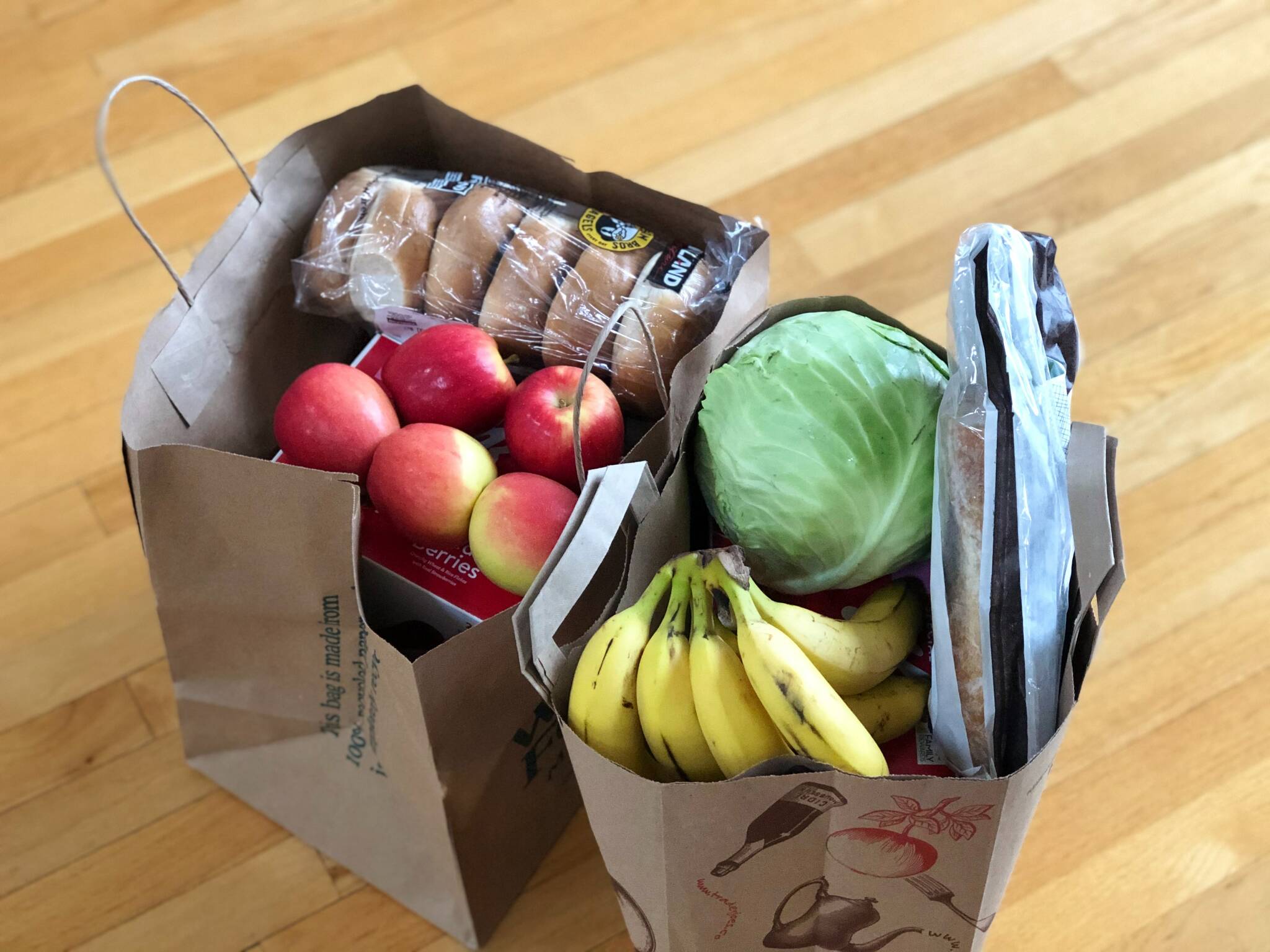Juneau voters will likely be asked this fall if they’re willing to increase the city’s 5% sales tax to 6% during the summer in exchange for exempting food from sales tax all year once city leaders figure out various complications and nuisances during the coming weeks.
The Juneau Assembly, meeting as the Committee of the Whole, voted unanimously Monday to have city administrators draft language for an ordinance that would repeal the food tax if voters approve the summer sales tax increase. But numerous questions were raised about exemptions for nonprofits, effects on businesses who don’t get summer tourists among their customers, and if the amount saved on food purchases is significant enough to benefit residents.
“We’ll discuss it in more detail later,” Mayor Beth Weldon promised with an anticipatory chuckle after the committee’s vote.
The Assembly is required to hold a public hearing and approve the ordinance in a subsequent meeting by Aug. 28 for it to appear on the October municipal election ballot.
City Finance Director Jeff Rogers told the committee the food tax exemption would save the average household about $143, with the city losing about $400,000 a year as a result.
“Admittedly that’s not a lot of money, but when you think of trying to reduce the sales tax burden on the public and take in the same amount of revenue $143 isn’t nothing,” he said.
Increasing the summer sales tax would result in the average summer visitor spending about $1 more, he said.
The motion approved by the committee does not specify the duration of “summer months,” nor was the the length discussed by the committee, but documents provided by the finance department assume six-month summer/winter periods.
Reaction from CBJ Assembly members was mixed, but more supportive than previous discussions. Assembly member Wade Bryson said “I’ve started this conversation completely against” the idea, but now sees some benefits to eliminating the food tax and if there are ways to offset other impacts “it will make the decision easier.”
“I’ve been hesitant to increase the sales tax during the summer months,” he said. “While many businesses do depend on summer tourism there are businesses where Juneau residents are their primary customers. I would like to get businesses’ input at the very least to see what the impacts on them will be.”
Assembly member Alicia Hughes-Skandijs said she’s less concerned than Bryson about the impact on non-tourism businesses.
“My decision to purchase or not to purchase something is not going to be influenced by a 1% difference in the sales tax,” she said.
How much a $143 annual savings will actually benefit local households was questioned by Weldon, although she said that’s among the reasons it’s important the issue be decided by a vote of the public.
“I don’t see it as a huge savings, but for food and most folks that we are trying to help probably are getting help elsewhere with SNAP and those kinds of things,” she said. “But I guess we won’t know what everybody else’s viewpoint is until we send it to the voters.”
Rogers, in a written analysis presented to the committee, noted “as a percentage of household expenditure, the greatest tax relief accrues to those individuals in the lowest income brackets…this happens in large part because a higher base rate with food exempted shifts a greater portion of the sales tax burden to non-residents (visitors).”
Weldon also said Juneau is an active community and, while some might perceive a 1% sales tax hike during the summer as small, some residents “will be paying a bit more when building sheds and other projects during summer.”
Another issue raised was repealing the exemption of sales taxes for nonprofit organizations. Rogers said the city exempted about $27 million of sales by nonprofits in 2021, or about $1.4 million in sales tax revenue. But of that $27 million, about $12 million would remain exempted for non-profits such as health care or assisted living services.
He said repealing the exemption for the remaining $15 million in non-profit sales — affecting organizations in fields such as education, broadcasting and arts and culture — could generate well in excess of the $400,000 in lost food tax revenue. But cautioned there are many complications and unknowns, including efforts by organizations to find ways to reclassify themselves in exempt categories.
“Every organization is going to try to seek an exemption if they can,” he said.
• Contact reporter Mark Sabbatini at mark.sabbatini@juneauempire.com.


